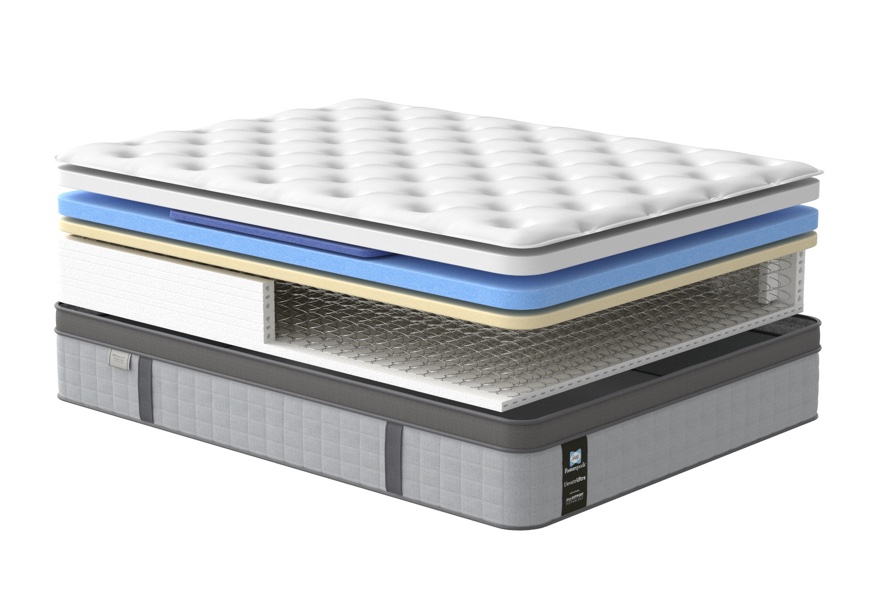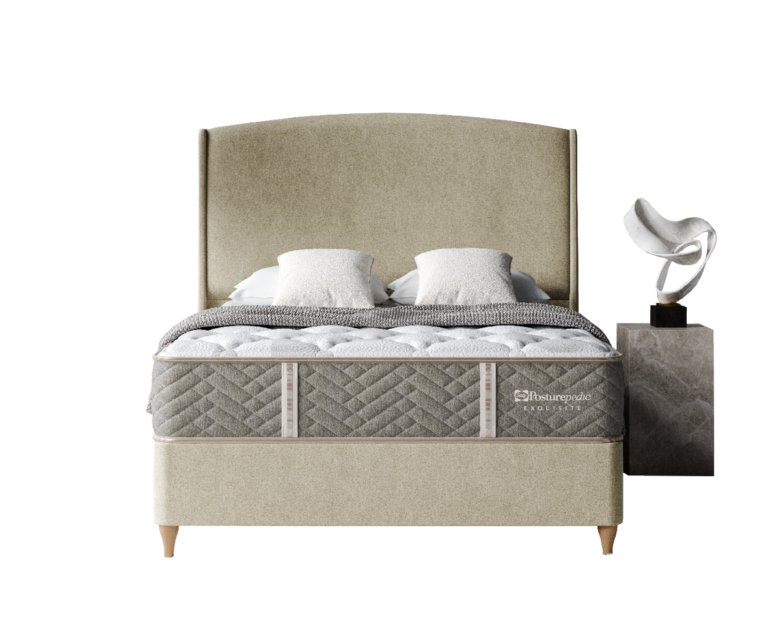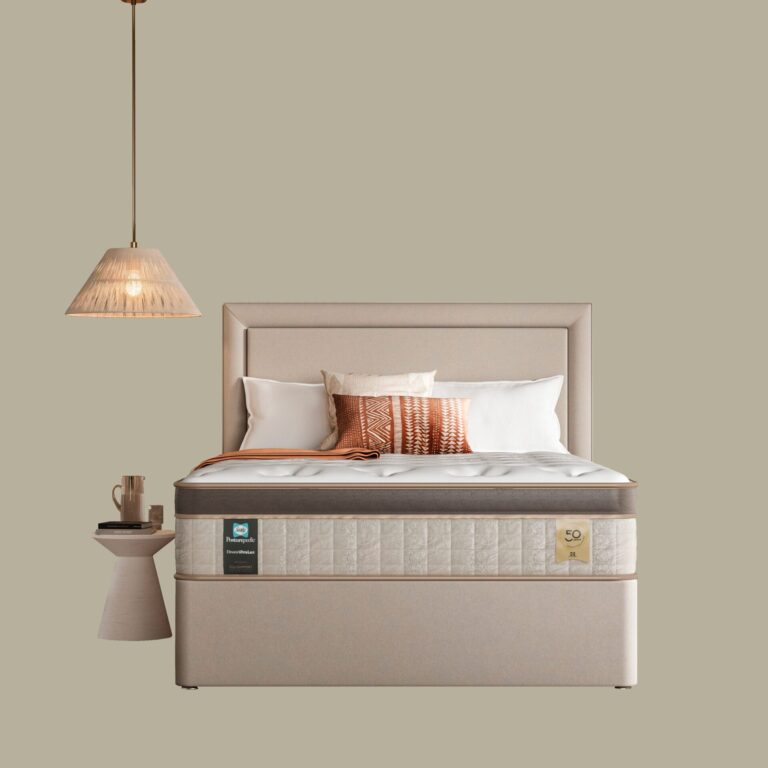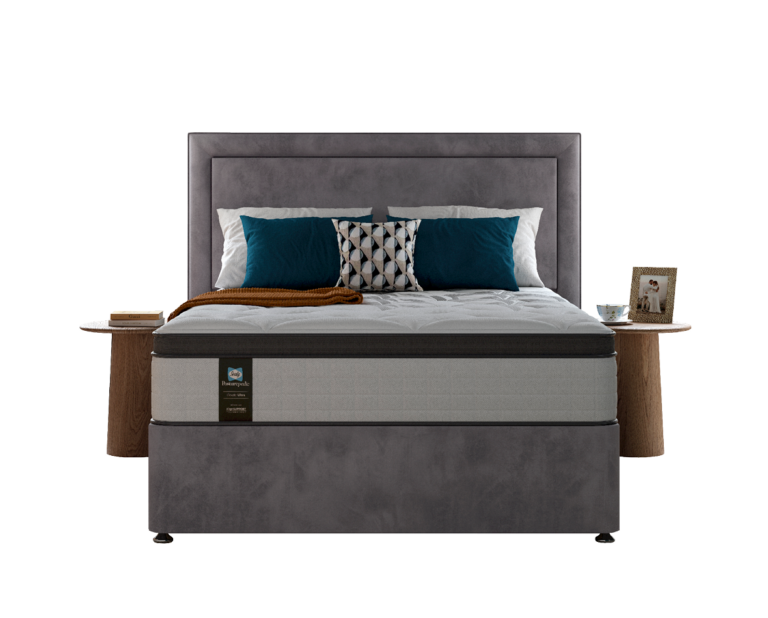Securing some quality shuteye when sharing a bed with an active sleeper is never easy. Reoccurring sleep disturbance is one of the most common complaints of couples who share a bed, with women typically being the most frequently disturbed.
From snoring and sprawling to cover clutching and sleep-talking, disruption in bed takes various forms. That’s why it’s necessary for everyone to be aware of how to reduce it, especially when the techniques are so simple!
Read on to discover the four hacks we recommend for combatting those disruptive nights…
Change up the covers
The average person spends 26 years of their life asleep in their bed, which makes treating yourself to a new duvet a necessity. When doing so, opting to size up is a good idea, especially if you or your partner are frequently fighting over the covers.
Bigger duvets mean that there’s more cover to go around, helping night time from both sides of the bed to be more warm and comfortable. This technique also frees up more fabric to tuck under your mattress – a great way to prevent the covers from moving throughout the night.
Stop the snoring
Even though no one dares to admit it, snoring is a common occurrence at bedtime. Frequent snoring can stem from a combination of factors including a bad diet, being overweight or excessive smoking. However, the most common factor is our sleeping position.
Sleeping positions to a large extent dictate both the quality and depth of our sleep. For instance, sleeping on your back increases the chances of you snoring throughout the night, as does sleeping with a lack of head support. This is because when lying flat, the base of our tongue collapses against the back wall of our throat. In turn, this forms a vibration, which once under pressure (i.e. breath) becomes a snore. This is why sleeping on your side with a pillow is often all it takes to reduce the disruption caused through excessive snoring.
Turn off the tech
Technology is a major part of our lives, so it’s inevitable that eventually it would find its way inside our bedrooms and onto our bedside table. While these devices function well as an alarm clock, the rays of blue light emitted from their screens can play havoc with our sleeping pattern.
Studies have shown excessive screen time before bed can stimulate the various stems of the brain and prevent it from relaxing. A knock-on effect of this is a spike of psychological activity, which prevents the body from resting.
Similarly, blue light has been shown to bring about conditions such as RBD (Rapid Eye Movement Behaviour Disorder) – a sleeping disorder that prevents the body’s muscles from entering temporary paralysis throughout the night. A direct result of this is sharp physical movements during sleep, which many partners can find irritating and uncomfortable. An hour of tech-free time before bed can make this condition less likely.
Conduct a mattress health check
It’s worth noting that something as simple as a tired mattress can be the root cause of sleep disruption. Broken springs and sagging foam can lead to bad posture throughout the night, which ultimately reduces the possibility of getting a good night’s sleep.
If you think your mattress could be the cause of your discomfort, browse our full-range here and see how a Sealy mattress could help you have a more restful night’s sleep.







